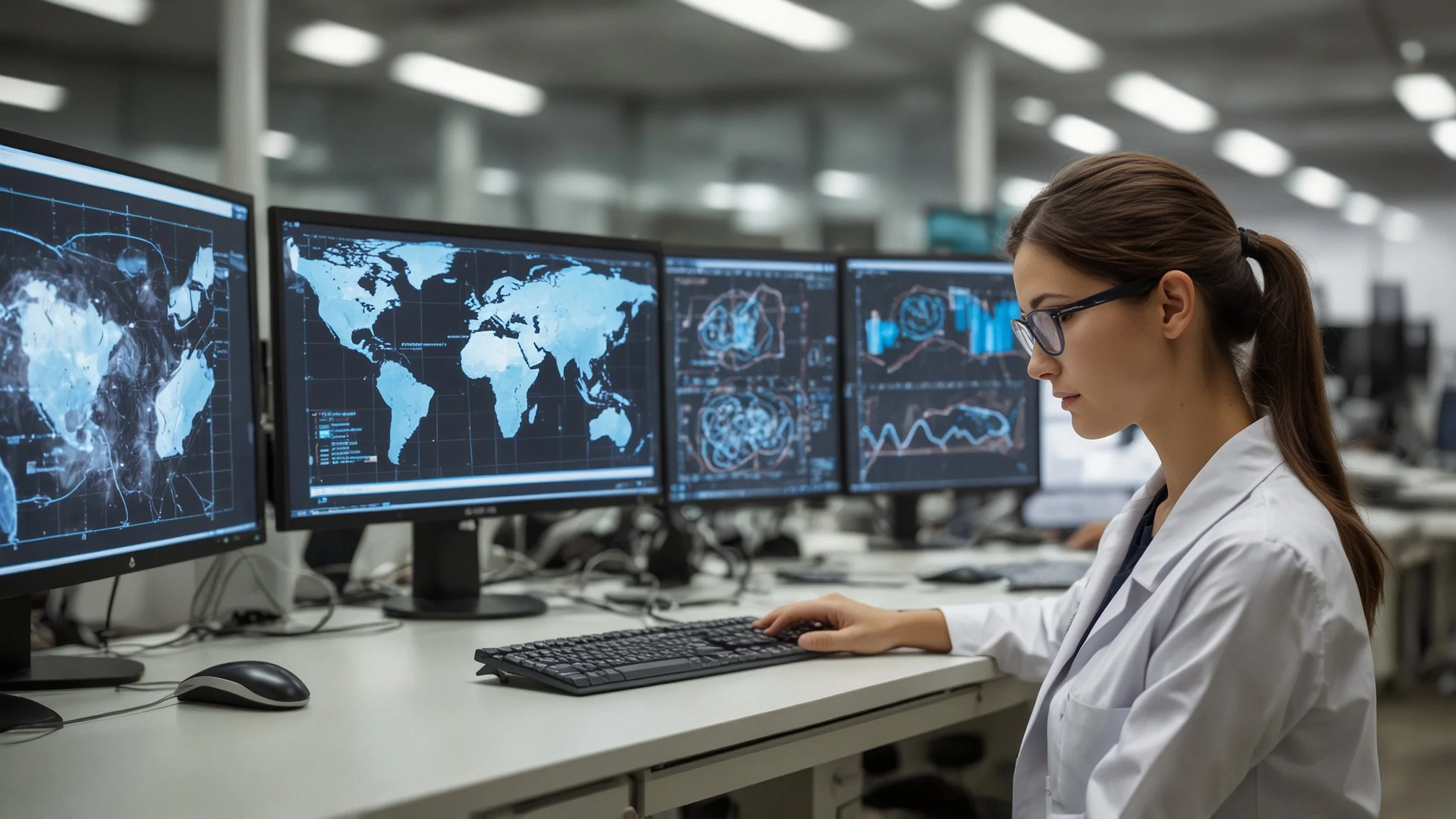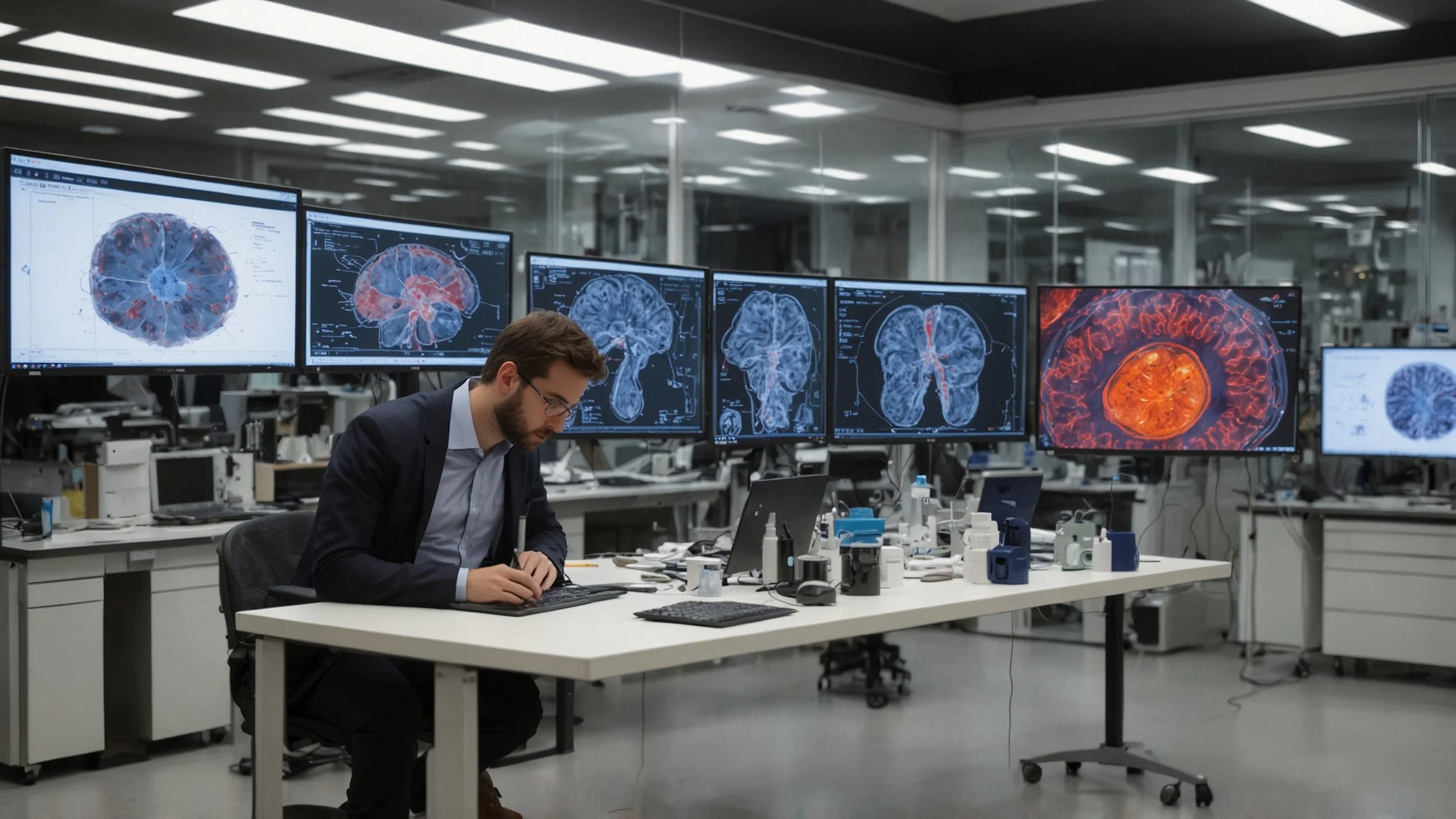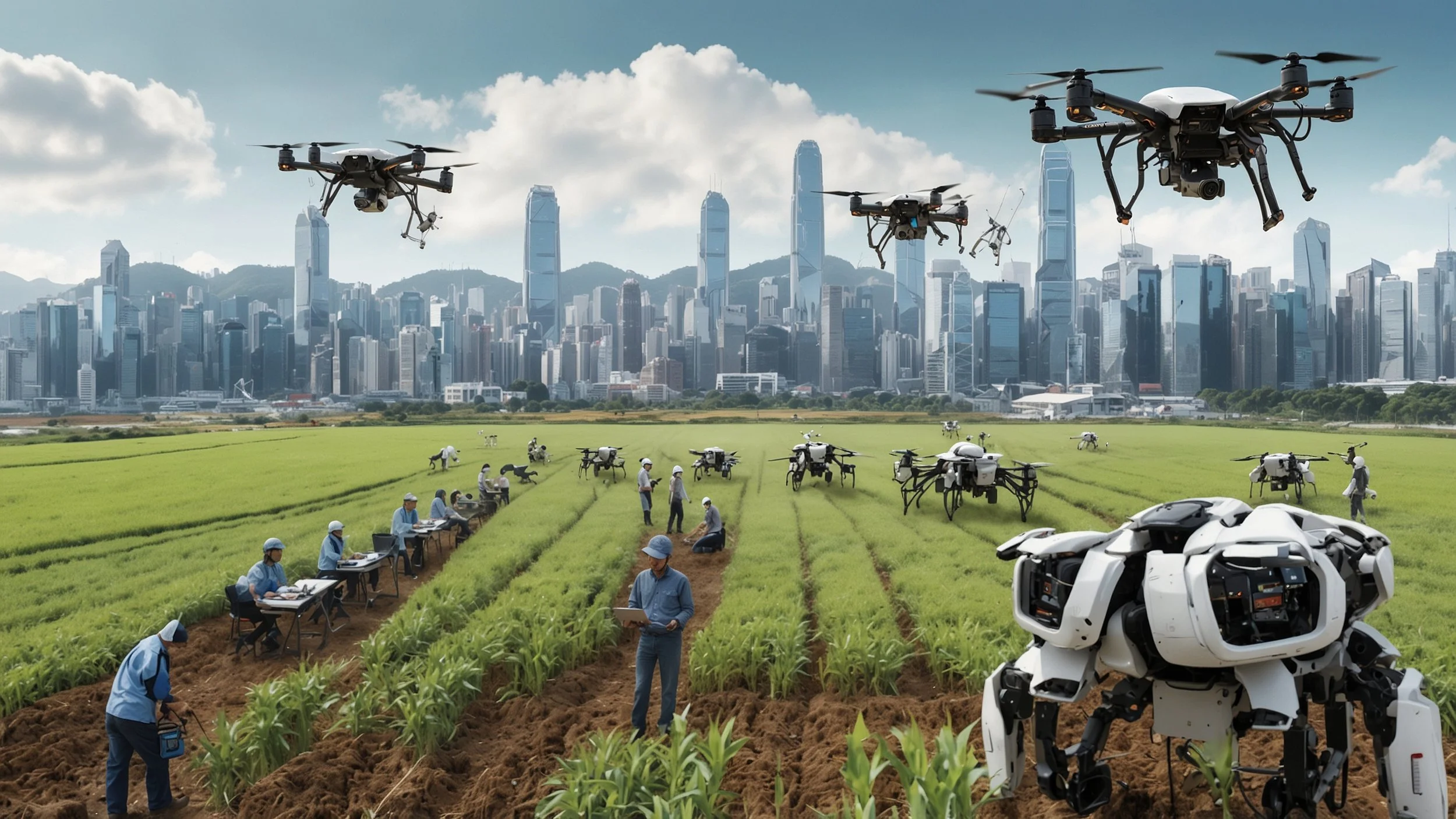Artificial intelligence revolutionizes automation and scientific research
Intelligent automation is reaching a tipping point with the emergence of highly advanced artificial intelligence systems that are transforming everything from business operations to scientific research. Models such as Anthropic's Claude 3.7 and xAI's Grok 3 are demonstrating performance comparable to PhD-level experts. Their ability to reason and solve complex problems is making a difference in a variety of disciplines.
AI models redefining research and productivity
One of the most notable advances is OpenAI's "deep investigation" agent, which uses chained reasoning to break down complex tasks into logical steps. This technology can analyze extensive data, investigate and generate technical reports in minutes. For example, it produced a 4,000-word technical report on hydrogen electrolysis in just four minutes, a process that would usually take an engineer days. This speeds up intellectual work and reduces the time needed for sophisticated analysis.
Scientific innovation powered by artificial intelligence
Google DeepMind has developed an innovative "AI co-scientist" based on Gemini 2.0, an advanced multi-agent system designed to support researchers in hypothesis generation and scientific experiment planning. This development represents a breakthrough in the integration of artificial intelligence into complex research processes.
At Imperial College London, this AI was able to replicate years of antibiotic resistance research in just 48 hours, demonstrating disruptive potential in accelerating scientific studies.
Gemini 2.0 uses multiple specialized agents that work together to analyze data, identify patterns and suggest new experimental approaches with high efficiency.
Despite their ability to process information quickly and accurately, validation and oversight by human experts remains critical to ensure the validity of the results.
The use of these tools is radically transforming the way science is conducted, enabling faster advances and a more exploratory approach to medical and biological research.
Challenges and economic implications of advancing intelligent automation.
The implementation of artificial intelligence (AI) in sectors such as agriculture and employment presents significant challenges that limit its practical application despite high expectations. Although the theoretical potential of this technology is high, reality shows a series of technical, logistical and economic obstacles that hinder its effective integration.
Technical and logistical difficulties: Startups such as Sensei Ag have faced significant challenges when trying to apply AI in agriculture, such as adapting sensors and algorithms to variable environments and complex real-time agricultural data management.
Gap between theory and practice: These difficulties highlight the gap between the potential promised by AI and the limitations of current implementations, especially in traditional and externally sensitive sectors.
Economic and labor impact: The automation promoted by AI is changing the labor market, raising concerns about the replacement of human jobs and the redistribution of economic power to those who control these technologies.
Example in Hong Kong: The reduction of about 10,000 government jobs combined with a considerable increase in AI investments illustrates a change in labor dynamics, with social implications including unemployment and economic concentration.
Future challenges: It will be necessary to design policies that balance technological innovation with employment protection and economic equity to maximize the benefits of AI without exacerbating inequalities.
Intelligent automation represents a watershed moment in technological and scientific history, with applications ranging from knowledge acceleration to workforce transformation. While there are technical, regulatory and ethical challenges, the potential for positive impact is enormous if approached responsibly and with cross-sector collaboration. The combination of AI and human effort opens up new possibilities for solving complex problems and advancing industries in unprecedented ways.






